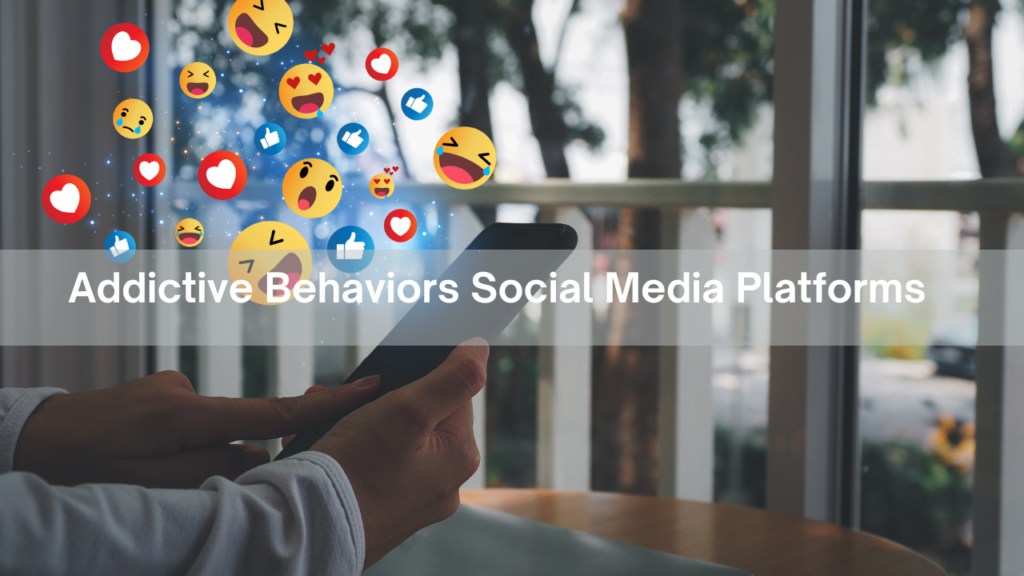
In today’s hyper-connected world, technology is an integral part of our daily lives. Smartphones, social media, and various communication platforms have transformed how we interact with each other. While these advancements offer numerous benefits, such as instant communication and access to vast amounts of information, they also have a profound impact on our interpersonal relationships. This article explores the concept of digital disconnect and how technology is shaping, and sometimes straining, our connections with others.
The Illusion of Connectivity
One of the most significant impacts of technology on interpersonal relationships is the illusion of connectivity. Social media platforms like Facebook, Instagram, and Twitter give the impression that we are more connected than ever before. We can see updates from friends and family, share our thoughts and experiences, and interact with others at the click of a button. However, this constant digital engagement often lacks the depth and authenticity of face-to-face interactions.
The convenience of online communication can lead to superficial connections. For instance, liking a friend’s post or sending a quick message cannot replace the emotional richness of a real conversation. This superficiality can create a sense of loneliness and isolation, even when we are surrounded by digital connections. In essence, technology can make us feel more connected while simultaneously deepening our sense of disconnection.
The Erosion of Communication Skills
Another significant impact of technology on our relationships is the erosion of communication skills. The prevalence of texting, emailing, and messaging has altered the way we communicate. While these methods are efficient for sharing information, they often lack the nuances of verbal and non-verbal cues, such as tone of voice, facial expressions, and body language. This can lead to misunderstandings and misinterpretations.
For example, a sarcastic comment in a text message can be easily misunderstood without the accompanying tone of voice that signals the intended humor. Over time, reliance on digital communication can hinder our ability to engage in meaningful, in-person conversations. This erosion of communication skills can strain relationships, as we may struggle to express ourselves effectively or empathize with others’ emotions.
The Impact on Intimacy
Intimate relationships are particularly vulnerable to the effects of technology. The constant presence of smartphones can disrupt quality time between partners. It is not uncommon to see couples sitting together, yet engrossed in their individual screens. This behavior, often referred to as “phubbing” (phone snubbing), can create feelings of neglect and frustration.
Furthermore, the accessibility of social media can introduce elements of jealousy and insecurity into relationships. Partners may feel compelled to monitor each other’s online activities, leading to trust issues and unnecessary conflicts. The curated nature of social media profiles can also create unrealistic expectations about relationships, as people compare their own lives to the seemingly perfect lives portrayed online.
Striking a Balance
Despite the challenges, it is possible to strike a balance between technology use and maintaining healthy interpersonal relationships. Here are a few strategies to consider:
- Set Boundaries: Establishing boundaries for technology use, such as no phones during meals or designated screen-free time, can help prioritize face-to-face interactions.
- Practice Mindful Communication: Being present and attentive during conversations, whether online or in person, can improve the quality of our interactions.
- Foster Authentic Connections: Make an effort to engage in activities that promote genuine connections, such as spending time outdoors, participating in hobbies, or volunteering.
- Reflect on Technology Use: Regularly assess how technology is impacting your relationships and make adjustments as needed to ensure it enhances rather than detracts from your connections.
In conclusion, while technology offers numerous conveniences, it also presents challenges to our interpersonal relationships. By being mindful of our technology use and prioritizing authentic connections, we can mitigate the negative effects of digital disconnect and foster more meaningful relationships in our lives.